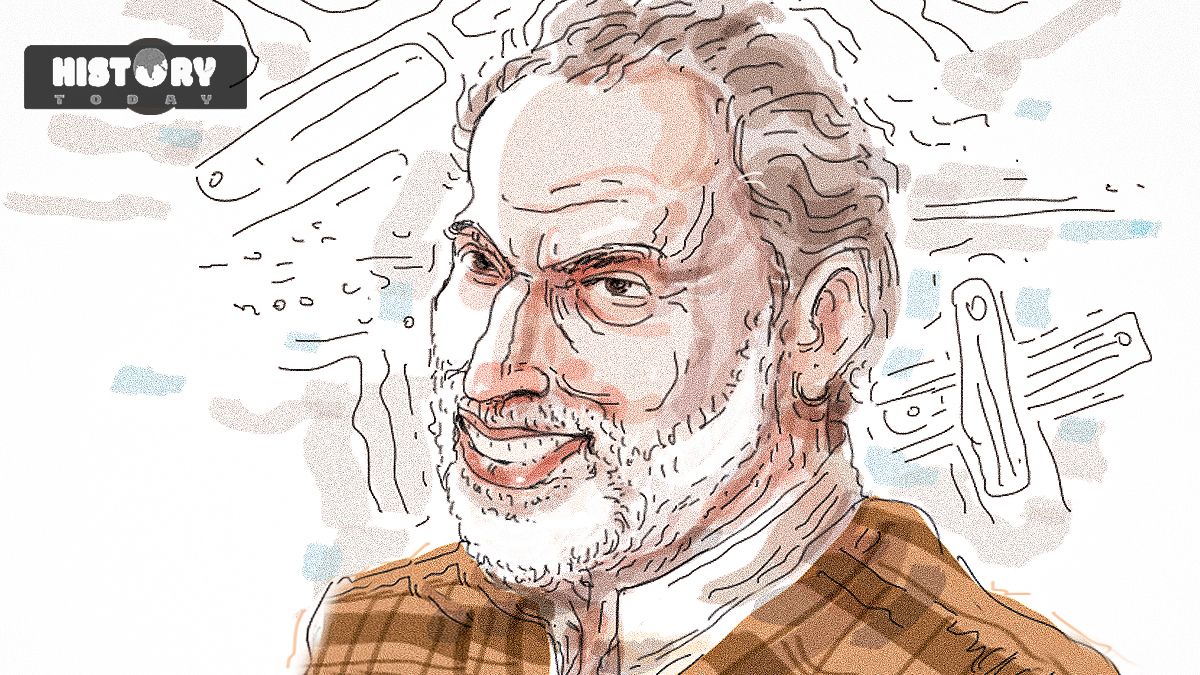March 6 is an important date in India’s contemporary political history.
On this day in 1991, Chandra Shekhar resigned as prime minister amid a political upheaval in New Delhi.
The day is also most widely used over-the-counter drug in the world, Aspirin, was patented in Berlin in 1899.
On March 6, 1902, Real Madrid, back then known as Madrid Foot Ball Club, was also founded by a group of fans in Madrid, Spain. The football club would later go on to become the most successful European football (soccer) franchise of the 20th century.
If you are a history geek who loves to learn about significant past events, Firstpost Explainers’ ongoing series, History Today , is your destination.
PM Chandra Shekhar resigns
Indian Prime Minister Chandra Shekhar resigned in anger on Wednesday, March 6, 1991, only few months after he assumed office in November 1990.
The socialist icon accused Rajiv Gandhi and his Congress (I) Party of betrayal after it threatened to topple the minority government by withholding support needed to pass bills in Parliament.
Shekhar was then leading with just 54 of the 515 members of the Lok Sabha.
In an angry speech, the former PM from the Janata Dal (Socialist) party said that his minority government was not a puppet of the Congress which kept him in power.
“I cannot run the government in keeping with their (the Congress Party’s) behaviour,” Shekhar said.
The then-President Ramaswamy Venkataraman accepted the resignation and several hours later, Gandhi’s Congress had declared it wanted new elections.
It was up to the President to call for new elections or to ask someone else to form a new government.
But he was left with zero options, since the six largest parties in the Parliament didn’t want to form another coalition government.
In the meantime, Shekhar continued to serve as PM “until new arrangements are made.”
‘Aspirin’ is patented
On March 6, 1899, the German chemical concern Bayer patented Aspirin, the wonder drug that alleviated pain and reduced fever, in the commercial register of the Imperial Patent Office in Berlin under number 35433.
French chemist Felix Hoffmann, who was working for Bayer in Germany, is reportedly credited with first developing the drug using salicin from willow bark to produce acetylsalicylic acid or aspirin in 1853. However, it was only in 1890s that scientists produced a commercially viable form of acetylsalicylic acid.
Initially, it was sold as a powder until 1915, when tablets were produced.
Though Bayer had patented the drug, the company later lost the trademark to that name after it became caught up in the antisemitic politics of Nazi Germany.
While aspirin clearly became popular, scientists were also studying its side effects.
Frequent consumption of the drug leads to stomach pains and may even cause haemorrhages.
Real Madrid football club is formed
In 1897, a football club was founded by a group of students and lecturers from Spain’s Institución Libre de Enseñanza. They would play football (soccer) matches on Sunday mornings.
The group formally established Madrid Football Club on March 6, 1902, following a few years during which several other teams emerged.
The team, which is well-known for wearing all-white outfits, became a member of the Royal Spanish Football Federation in 1909.
Real Madrid, a founding member of the Spanish Football Association, played their home games at Campo de O’Donnell from 1912 to 1923. In 1929, they joined the first Spanish League. In this first season, they came in second to Barcelona, and the “El Clásico” rivalry was begun.
The first time Madrid won the championship was in 1931–1922, and they became the first team to win it twice the following year.
It wasn’t until 1947 that the club moved to Nuevo Estadio Chamartín which was renamed the Santiago Bernabéu in 1955.
Real Madrid, along with FC Barcelona and Athletic Bilbao, has never been dropped from the top division of Spanish football.
As the team’s captain from 1912 to 1927 and club president from 1943 to 1978, Santiago Bernabeu Yeste helped cement Real Madrid’s legendary reputation around the world.
FIFA, which oversees football worldwide, named Real Madrid the greatest football team of the 20th century in 2000. The club commemorated its 100th anniversary two years later.
)